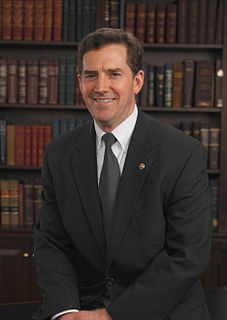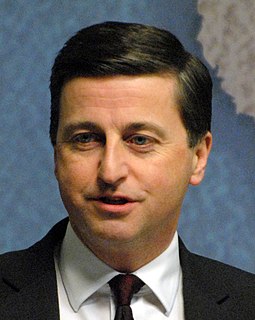A Quote by Vint Cerf
We have already discovered how quickly we become dependent on the Internet and its applications for business, government and research, so it is not surprising that we are finding that we can apply this technology to enable or facilitate our social interactions as well.
Related Quotes
Throughout the history of the Internet, most of the innovation has come as a by-product of efforts to facilitate communication within social groups of various kinds (academics, bloggers, peer-to-peer file sharing), rather than as the result of profit-oriented investment. Rather than taking the lead, the business and government sectors have adopted innovations developed in Internet communities, and realised significant productivity gains as a result.
The thing that I learned early on is you really need to set goals in your life, both short-term and long-term, just like you do in business. Having that long-term goal will enable you to have a plan on how to achieve it. We apply these skills in business, yet when it comes to ourselves, we rarely apply them.
Through our government's updated science, technology and innovation strategy, we are making the record investments necessary to push the boundaries of knowledge, create jobs and opportunities, and improve the quality of life of Canadians. Our government's Canada Research Chairs Program develops, attracts and retains top talent researchers in Canada whose research, in turn, creates long-term social and economic benefits while training the next generation of students and researchers in Canada.
I began to firmly change my mind when I saw how young Egyptians used Facebook, for example, to begin to coalesce their social justice movement in their country. And a good Iranian friend of mine showed me how also in Iran, till the government shut it down, much was communicated via social media. So I'm not against. I use the internet regularly to do research. It's great but you have to use your discernment, especially if researching content.


































